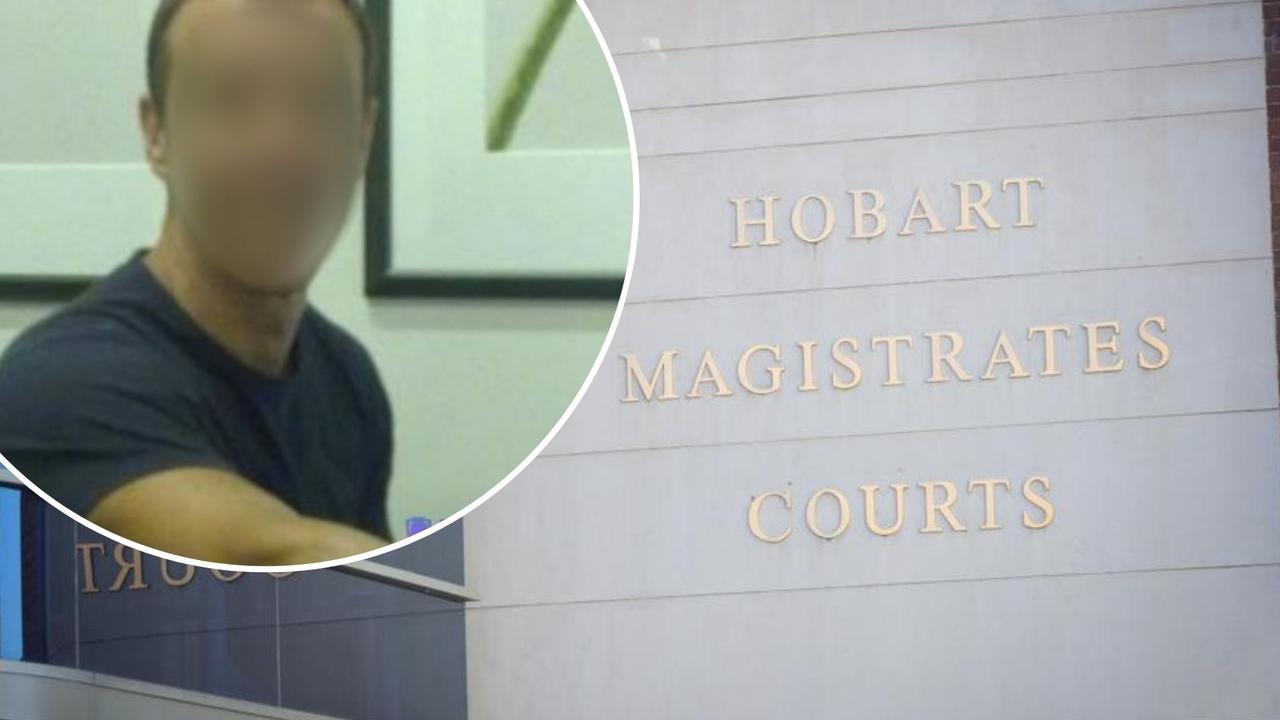‘Brings the state service into disrepute’: Misconduct finding against former LGH boss
A black mark has been recorded against key Launceston General Hospital boss Peter Renshaw – whose name has now been blighted by a commission of inquiry misconduct finding.
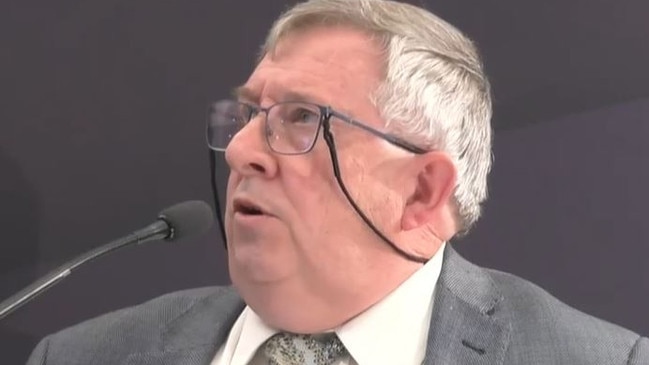
Police & Courts
Don't miss out on the headlines from Police & Courts. Followed categories will be added to My News.
A black mark has been recorded against key Launceston General Hospital boss Peter Renshaw – whose name has now been blighted by a commission of inquiry misconduct finding.
Dr Renshaw was robustly condemned in Tasmania’s child sexual abuse commission of inquiry’s final report, which was tabled in parliament on Tuesday and made findings of serious failures relating to protect children from predators in government institutions.
The report found Dr Renshaw misled his superiors about information relating to prolific paedophile and long-term LGH children’s nurse, James Geoffrey Griffin, misled the commission of inquiry itself – and brought “the state service into disrepute”.
But the commissioners explained in their lengthy report that due to legislative barriers – and the lengthy, “onerous” delays they would have faced as a result – they were unable to hold as many people in Tasmania’s state service to account as they would have liked.
Dr Renshaw was just one of a small number of people of which the commissioners “remained firm” in their adverse findings.
Having started in the role of LGH executive director of medical services in 1989 after just two years as a junior doctor, it was revealed last October that Dr Renshaw was on extended leave and would retire from his long-held position.
The news of his retirement came after Dr Renshaw gave at-times shocking evidence at the commission’s public hearings in 2022, including when he publicly proclaimed he didn’t believe a rape allegation by 11-year-old Zoe Duncan.
The family of the late Ms Duncan were sitting in the public gallery at the time – with the counsel assisting the commission chastising Dr Renshaw for showing an “astonishing lack of insight in the pain that you are causing members of the deceased’s family”.
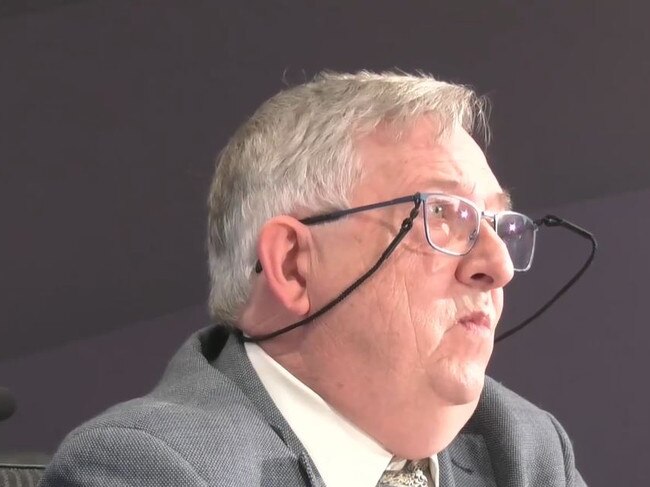
Dr Renshaw also admitted, after lengthy examination, that he provided false information to Department of Health secretary Kathrine Morgan-Wicks in November 2019 about Griffin – although denied he’d lied.
A number of adverse findings were made against Dr Renshaw in the final report.
These included that he didn’t meet his obligations when dealing with Zoe Duncan’s rape allegations – and didn’t take steps to stand down the doctor in question.
He was found to have misled the hospital’s chief executive and the departmental secretary about Griffin’s police investigation, didn’t act on a notification by Griffin survivor Kylee Pearn, and misled the commission of inquiry itself.
“Dr Renshaw withheld information from us, fundamentally frustrating our ability to fully understand what happened at Launceston General Hospital,” the commissioners said.
“We found Dr Renshaw misled our commission of inquiry about his state of knowledge.
We consider this conduct was unprofessional and unethical and brings the state service
into disrepute.”
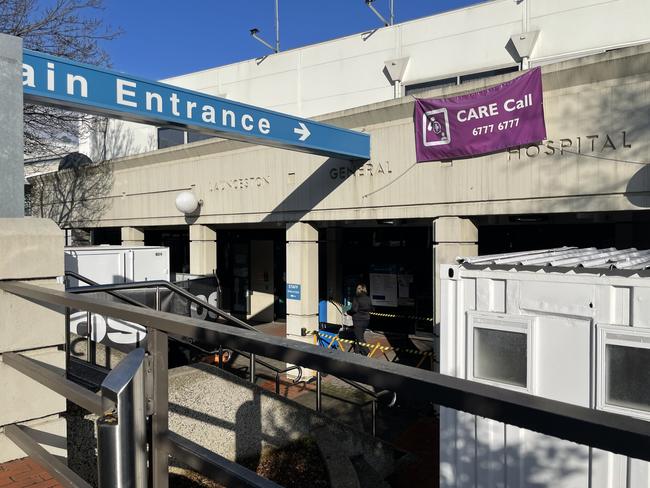
A second person who incurred the commissioners’ wrath was LGH human resources manager James Bellinger.
While a misconduct finding was not made against Mr Bellinger, the commissioners found he did not conduct a proper investigation into Griffin’s complaints history and misled the department secretary and Tasmania’s Integrity Commission.
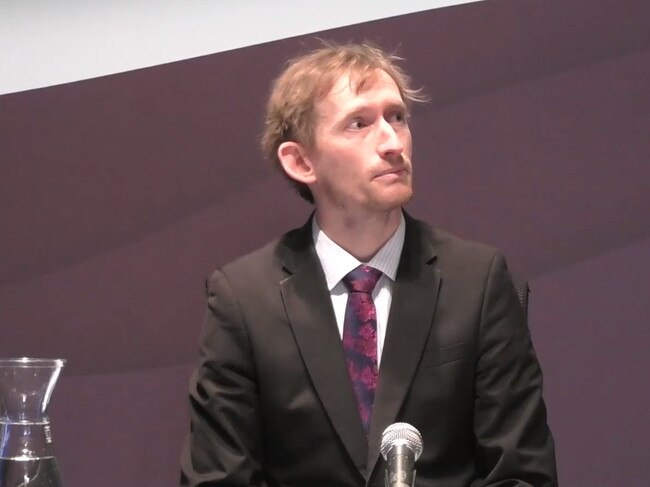
The commission found Tasmanian government institutions “too often” gave inadequate responses to abuse allegations.
“Commonly, institutions did not recognise child sexual abuse for what it was and failed to act decisively to manage risks and investigate complaints,” the report said.
The commissioners said during their inquiry, they saw examples of “institutional enablers”, who were driven by “self-interest, misguided loyalties to abusers or reputational considerations” to actively conceal or suppression efforts to address child sexual abuse.
“We saw others who fell short in critical moments, through ignorance, incompetence, fear or poor judgement. People can also deliberately avoid the truth or wish their knowledge or suspicions away,” they said.
“Most often, we found that people made bad decisions or failed to respond to child
sexual abuse effectively because of the flawed systems they worked in.”
They said that made it hard to single out individuals for adverse findings, even when they felt their response was poor.
However, the commissioners noted the Commissions of Inquiry Act made the making of adverse findings or misconduct too “onerous”, noting the latter required issuing a notice of an allegation, allowing for oral or written submissions in reply, and giving the opportunity to cross-examine witnesses.
They said doing so would have meant the cross-examining or already-traumatised survivors or whistleblowers, and also would have delayed their final report.
“Given our grave concerns about Ashley Youth Detention Centre, we felt we could not afford to delay our findings and recommendations,” they said.
They recommended changing the legislation to make it easier to make adverse findings or findings of misconduct against individuals – bringing Tasmania in line with other jurisdictions.
The commissioners said they were at times “shocked at the lack of care and sometimes outright hostility” towards certain groups of children and young people, particularly those in the care system and in youth detention.
“Children in detention were sometimes described as ‘the worst of the worst’ and their reports of harm and abuse commonly dismissed out of hand as lies, without any meaningful investigation,” they said.





